
Government Shutdown Leaves Scientists in Limbo
Hundreds of people at the U.S. Centers for Disease Control and Prevention have received layoff notices, and work at many federal laboratories has been suspended
Alexandra Witze works for Nature magazine.

Government Shutdown Leaves Scientists in Limbo
Hundreds of people at the U.S. Centers for Disease Control and Prevention have received layoff notices, and work at many federal laboratories has been suspended
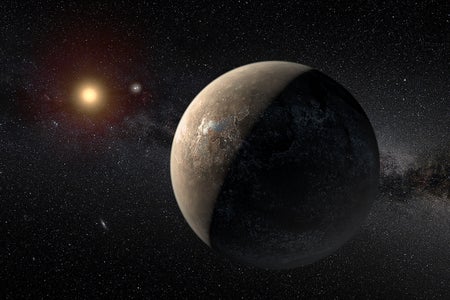
After 30 Years of Discovery, These Are Astronomers’ Top Five Exoplanetary Systems
Space scientists look back on three decades of exoplanet discoveries—from rows of massive ‘super-Earths‘ to worlds with perfectly synchronized orbits
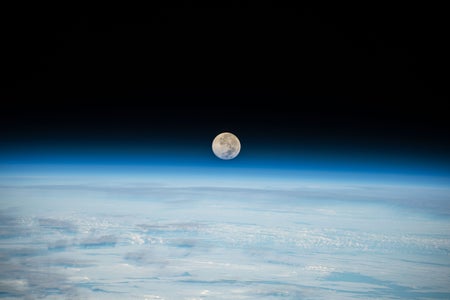
The Moon Is Rusting—Thanks to ‘Wind’ Blown from Earth
Lunar minerals can rust when bombarded with high-energy oxygen particles, experiments show

NASA Staff Rebuke White House Cuts in Rare Public Dissent
A declaration of dissent from past and present NASA employees warns that science and safety are at risk and joins similar documents from staff at other federal science agencies
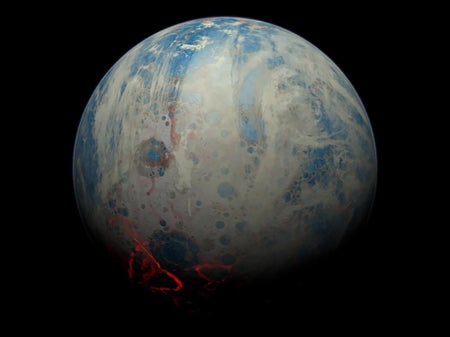
Rocks in Canada Are Confirmed as World’s Oldest
In 2008 scientists reported that rocks in Canada were the world’s oldest. New data appear to confirm this contested claim
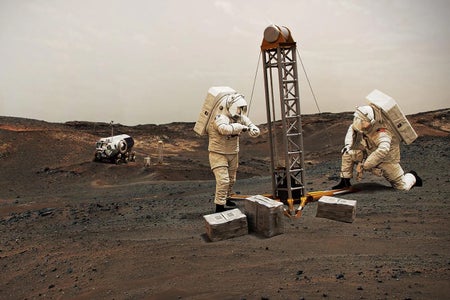
Can Trump’s NASA Afford to Send Humans to Mars?
The White House’s budget plan for NASA would be woefully inadequate for achieving near-term human voyages to Mars, experts say
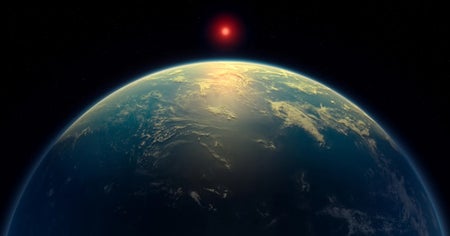
Why Astronomers Are Not Sold on New Alien Life Claims
NASA’s James Webb Space Telescope detected an intriguing compound in the atmosphere of the exoplanet K2-18 b, but scientists are divided about what the chemical means

Five Key Climate and Space Projects Are on Trump’s Chopping Block
Leaked budget documents indicate that key NASA and NOAA research projects, such as crucial climate research and the Nancy Grace Roman Space Telescope, are at risk of being defunded in 2026
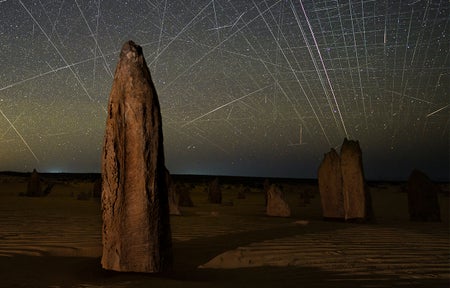
In a Sky Full of Satellites, Astronomers Find Creative Ways to Observe the Stars
Swarms of satellites launched by SpaceX and other companies are disrupting astronomical observations. Here's how scientists are coping
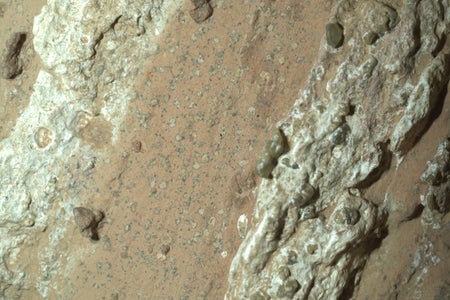
If Life on Mars Ever Existed, This Bizarre Rock May Tell Us
The intriguing chemistry of a rock collected by the Perseverance rover could trace to microbial activity—or not
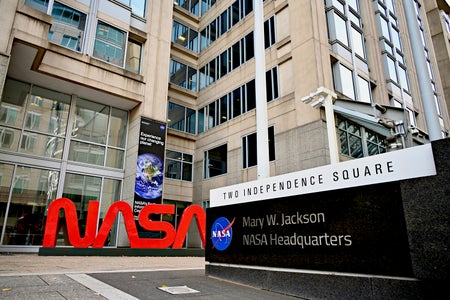
NASA Begins Mass Firings ahead of Trump Team’s Deadline
Top advisers in NASA’s Office of the Chief Scientist are among the first to go amid a government-wide downsizing effort

Stand Up for Science Rallies Draw Crowds Protesting Trump Cuts
Scientists and supporters rallied in cities across the U.S. and Europe to protest dramatic funding cuts and other attacks from the Trump administration

Science under Siege during Trump’s First 30 Days
The Trump administration has acted fast to attack science with a range of funding and policy tactics
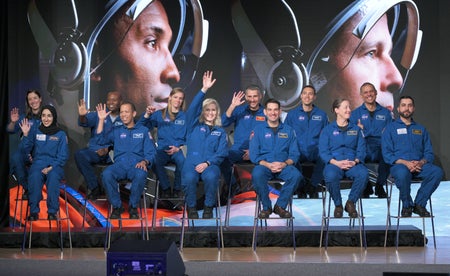
Trump’s DEI Purge Is Hitting NASA Hard
Space scientists within NASA and outside it feel betrayed by the Trump administration’s changes at the agency, which was known for promoting inclusion in science
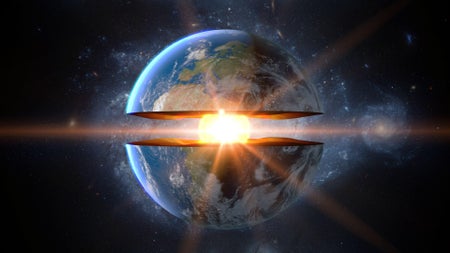
Earth’s Mysterious Inner Core Is Changing Shape
Earth’s core is transforming, which could affect the length of our 24-hour day, Earth’s magnetic field, and more
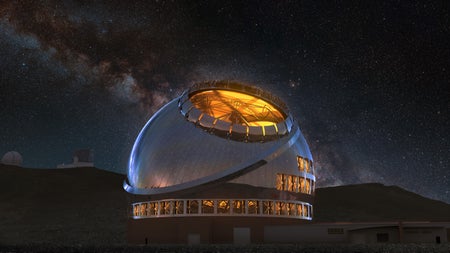
Two Giant U.S. Telescopes Are Threatened by Federal Funding Cap
The Thirty Meter Telescope and Giant Magellan Telescope might need to compete for survival in the face of federal spending limits
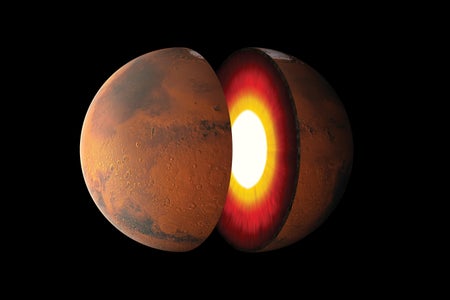
Mars Has a Surprise Layer of Molten Rock Inside
Fresh investigations find that the Red Planet’s liquid-metal core is smaller than scientists thought

How to Save Greenland’s Massive Ice Sheet
The Greenland Ice Sheet could experience runaway melting if the world overshoots climate targets, but even then quick action could stabilize it
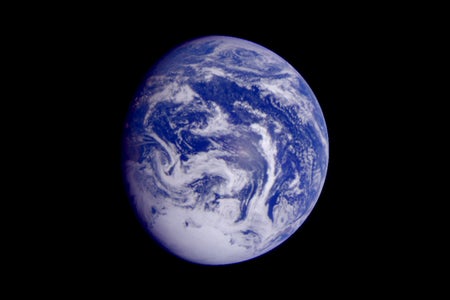
How Would We Know There’s Life on Earth? This Bold Experiment Found Out
Thirty years ago, astronomer Carl Sagan convinced NASA to turn a passing space probe’s instruments on Earth to look for life — with results that still reverberate today
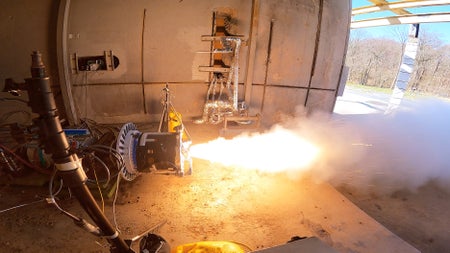
Bringing Mars Rocks to Earth Could Cost an Astronomical $11 Billion
NASA’s Perseverance rover has collected valuable samples, but a new report says the plan to fetch them is unworkable
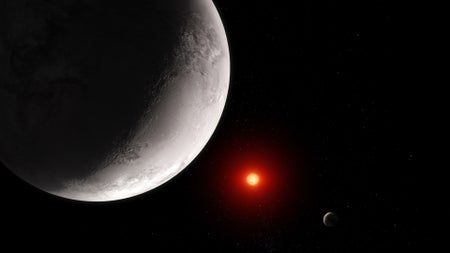
JWST’s Hunt for Habitable Exoplanets Finds Disappointment, Again
Observations from the James Webb Space Telescope suggest that TRAPPIST-1 c, the second world in a seven-planet system, lacks an atmosphere

JWST Spots Biggest Water Plume Yet Spewing from a Moon of Saturn
The huge watery cloud spurting from Enceladus could carry the ingredients for life farther into space than previously known
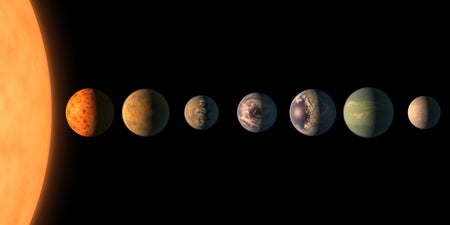
JWST Sees No Atmosphere on ‘Earthlike’ TRAPPIST-1 Exoplanet
TRAPPIST-1b is probably an airless rock, but the same may not be true for its six Earth-sized siblings

NASA’s Asteroid-Bashing DART Mission Was Wildly Successful
New studies have revealed the spacecraft’s final moments and the remarkable aftermath of its impact